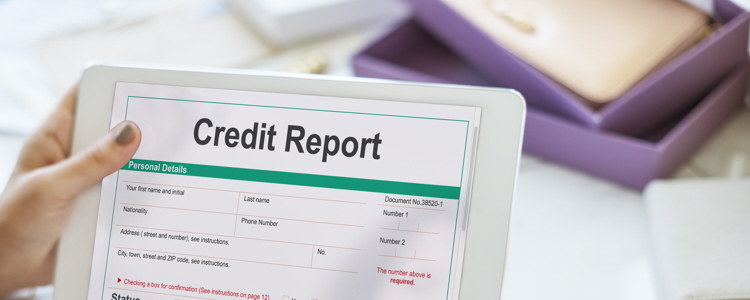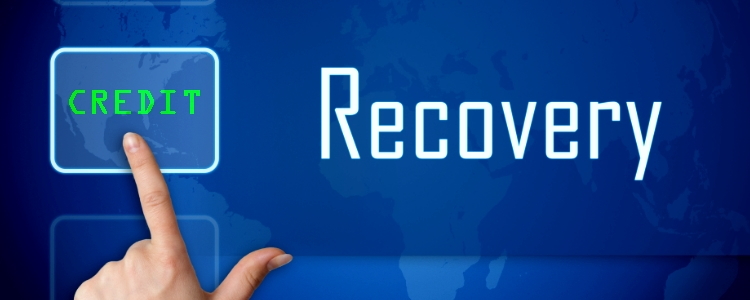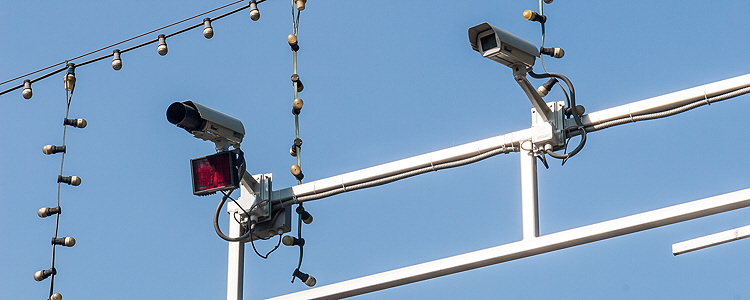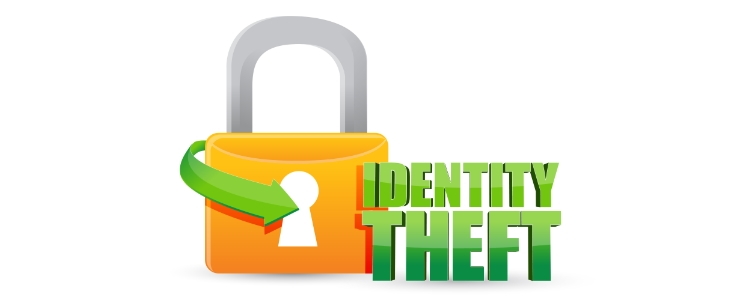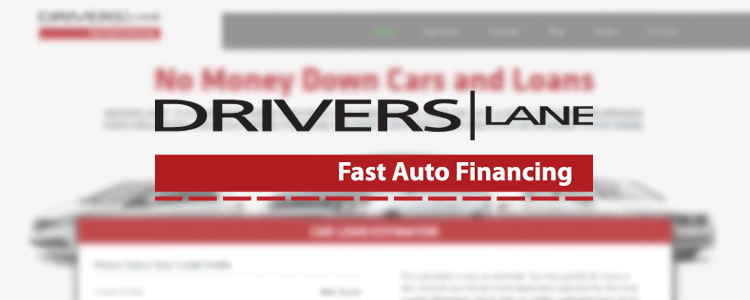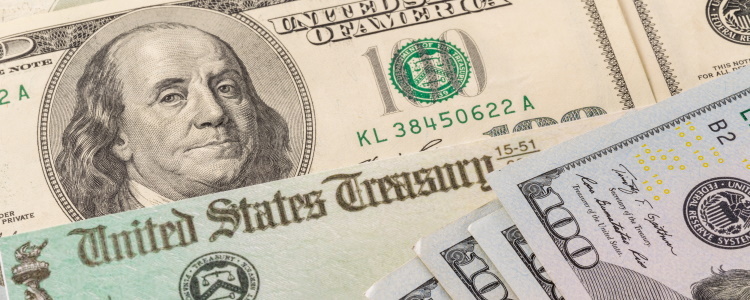Checking your credit reports is both free and easy, which is a great combination. Whether you are looking for areas to improve your credit or just want to keep tabs on it, it's never a bad idea to closely monitor your credit reports. You can even look for errors or inaccuracies that you can then have removed.
The Basics
There are three national credit bureaus in the United States. They are Equifax, Experian and TransUnion. These agencies compile and maintain your credit information that they get directly from various reporting sources, such as credit card companies and mortgage lenders.
Your credit reports will contain information on your current and past credit accounts. Also, your reports list public record information and inquiries. Unfortunately, negative items can remain on them long after they occur. However, the reports will also contain your positive account activity as well.
The credit bureaus provide your information to creditors, insurers, landlords, employers, and other businesses that request them. However, you can also request them for yourself. And, contrary to popular belief, checking your own credit will not cause your credit score to drop.
Checking Your Credit Reports
U.S. law gives you the right to obtain a complimentary copy of your credit report from each bureau every year. That means you can get a total of three reports for free each year.
You can request your credit reports on the Federally-authorized website, AnnualCreditReport.com. There, you can pick which bureau(s) you want the reports from and review them online. You can even print them out so you can look at them later. You can also request them by mail or over the phone.
This makes keeping track of your credit very easy. You can get all three of your reports at once, or you can space them out throughout the year. If you haven't checked yours in a long time, it might be a good idea to request all three and carefully comb through them.
A good way to keep track of your credit year-round is to pull one report every four months. For example, you could get Equifax's in January, Experian's in May, and TransUnion's in September. This method will allow you to consistently stay on top of your credit situation.
Why It's Important to Monitor Your Credit
Monitoring your credit is beneficial for a number of reasons. You can see where you need to make improvements, identify errors you can dispute, and detect fraudulent activity.
- Knowing where you stand - Creditors will check your reports when making decisions on whether or not to approve you. Landlords, insurers and employers can do the same before approving you as a tenant, for a policy or a job. Therefore, you are going to want to stay on top of your credit reports. You can use them to find areas where you could stand to improve your credit.
- Looking over them for errors - You should be periodically checking your credit reports for errors or inaccurate or incomplete information. Any wrong information could be unnecessarily harming your credit. However, you can also dispute any errors. All you need to do is alert the appropriate credit agency either electronically or in writing. They are responsible for correcting your reports.
- Detecting suspicious activity - Credit reports are also important tools for detecting fraud or identity theft. Monitoring your reports can help you spot signs of fraudulent activity sooner. This will allow you to take action to fix the situation faster.
Need a Car with Bad Credit?
Don't despair if you discovered that your credit was less than perfect when checking your credit reports. Drivers Lane can still help you get approved for an auto loan with our simple, free and easy process.
We can match you with a dealership in your area that works with unique credit situations. Best of all, your auto loan can be used to jump start the credit rebuilding process. You may even be able to get approved for little or no money down.
Get the process started today by completing our simple and secure online application!
